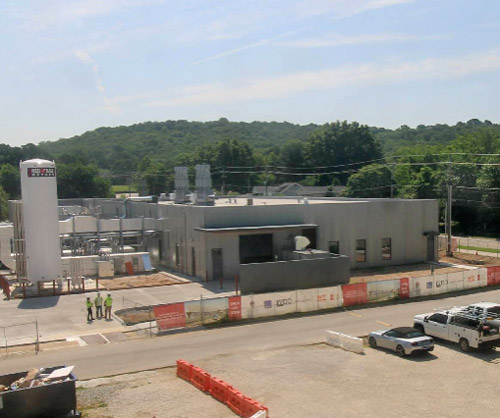Research
Why a National Facility?
It is a national priority that the US lead in research and development of SiC integrated circuits, devices, and systems. MUSiC is the new national facility that can help you make that happen. The importance is that the country that leads in advancing semiconductor design and fabrication will also lead in the race to market nearly all new game-changing economic and technologies. This is a result of the fact that SiC is a driving force for a very broad range of applications and is analogous to how silicon foundry addressed and continues to address a vast array of consumer vehicle, medical, and communication and power electronic systems.
- Power Conversion
- Cate Drivers
- Medical
- Data Centers
- Digital Cores
- Quantum Computing
- Geothermal
- Sensors
- Autonomous Vehicles
- Robotics
- Protection
- Communications
- Electrified Transportation
- Power Conversion
- Cate Drivers
- Medical
- Data Centers
- Digital Cores
- Quantum Computing
- Geothermal
- Sensors
- Autonomous Vehicles
- Robotics
- Protection
- Communications
- Electrified Transportation
Importance to You?
The MUSiC Fab will be researcher-ready instrumentation for the SiC research and enterprising community. The scope of the proposed facility with respect to size and power of the components to be produced is:
- integrated circuit technologies such as a 0.5 mm SiC CMOS technology, JFET technology and bipolar technology,
- power semiconductor device technologies such as diodes and MOSFETs,
- SiC sensors and interface electronics, and
- optoelectronic devices and interface circuits.
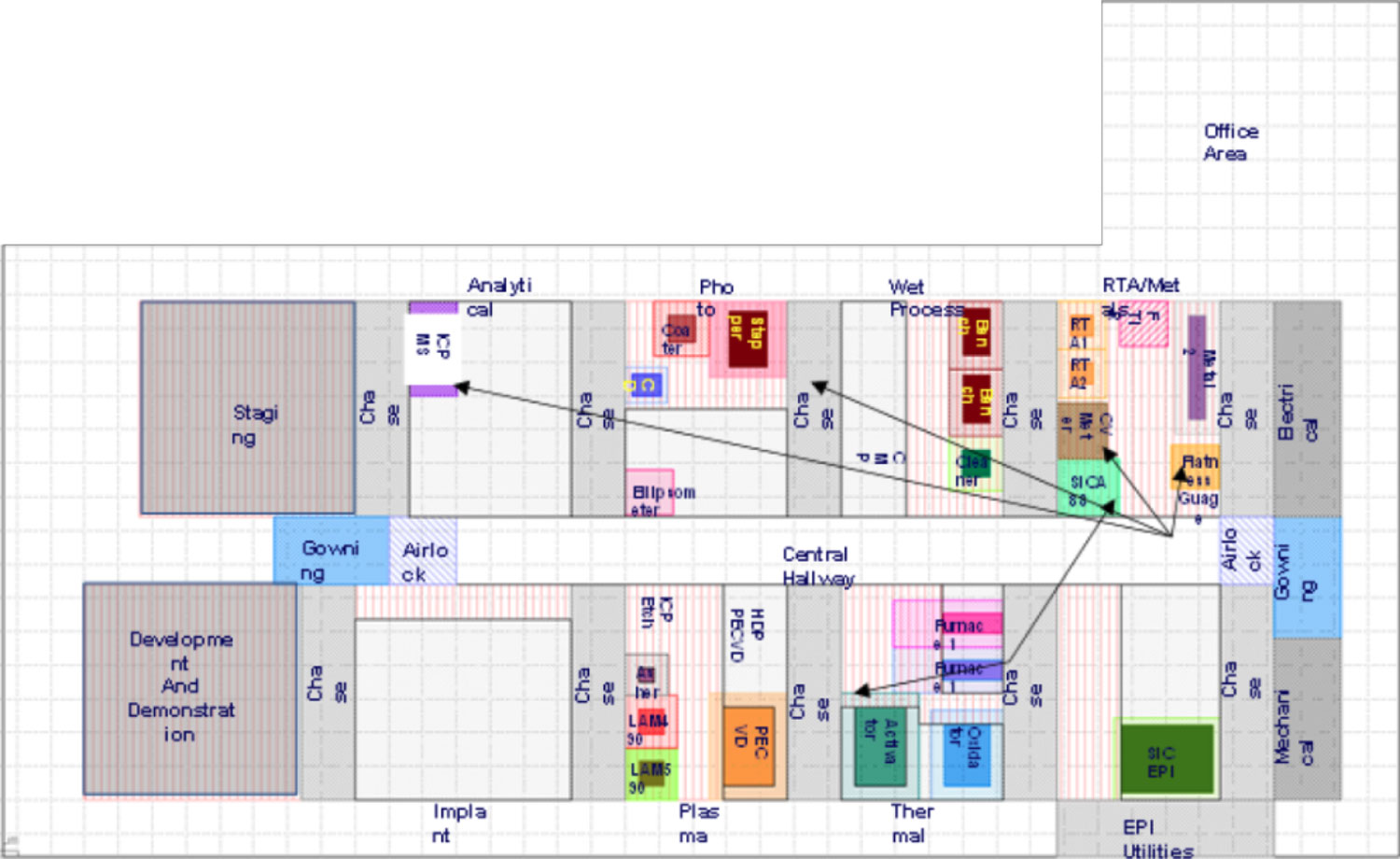

The key goal of the MUSiC Fab is to make possible what is impossible today, and even accelerate, the prototyping of new ideas and transition them from laboratory demonstrations to industrial technologies by integrating material growth and device fabrication with sophisticated, but relevant characterization instrumentation.
Through the convergent development of raw material and characterization, front-end SiC processing, design and fabrication of integrated circuits, and back-end packaging and testing, the “Open Access SiC Research Fab” will enable discovery and unite a community of industrial and academic SiC researchers. Come and use the Facility!
Staff

Lauryn Adkins

Shawn Bell

Nestor Camargo
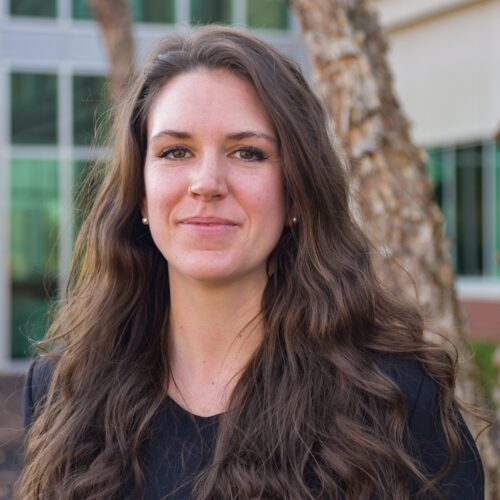
Rachel Chapko
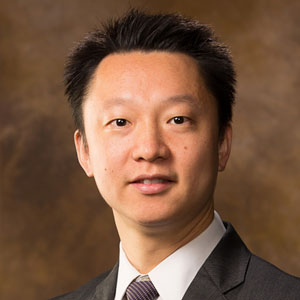
Zhong Chen
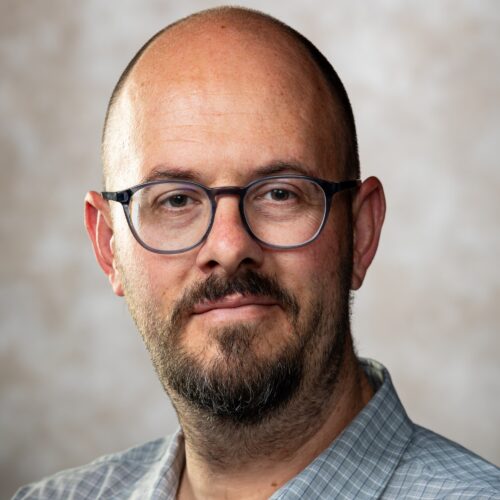
Zach Cole

Jeff Dix
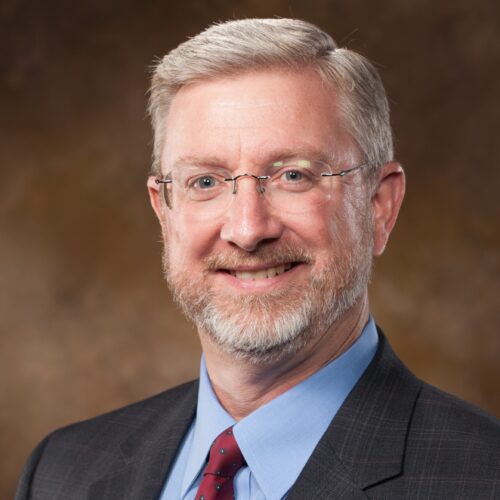
H. Alan Mantooth
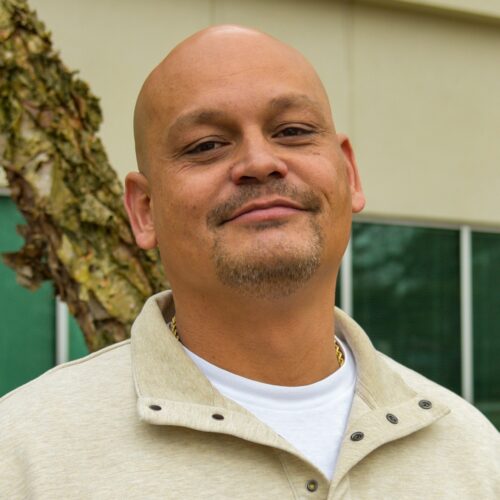
Joe Mendiola

Tanner Rice
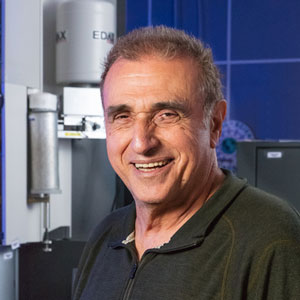
Greg Salamo
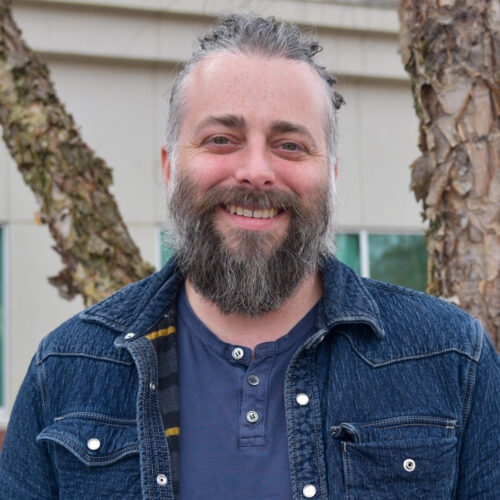
Thomas White
Contact




